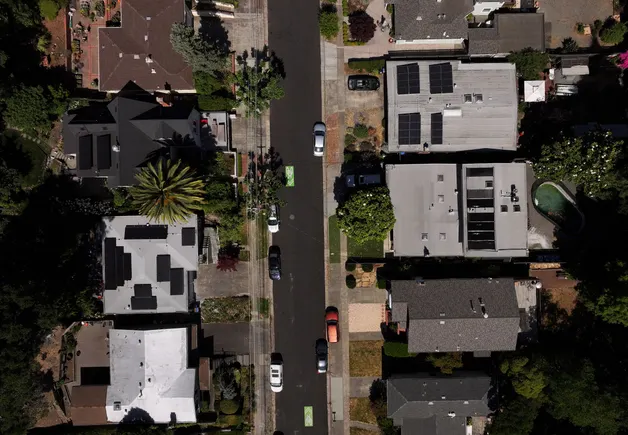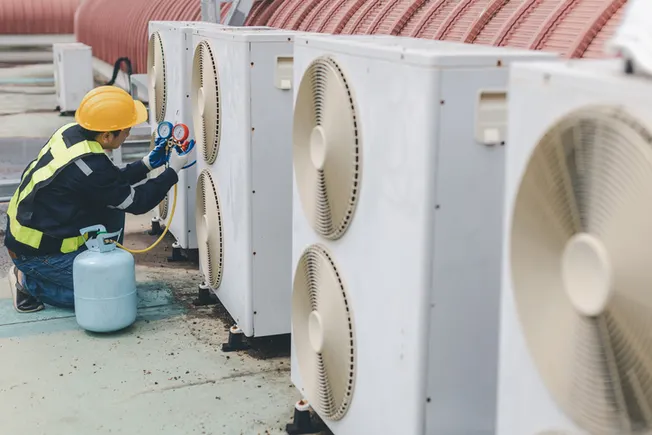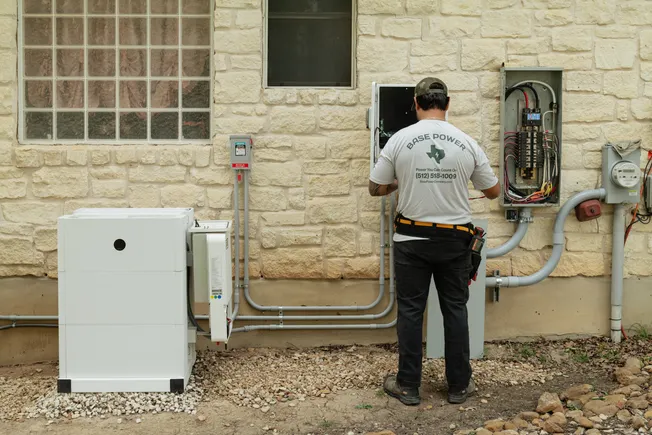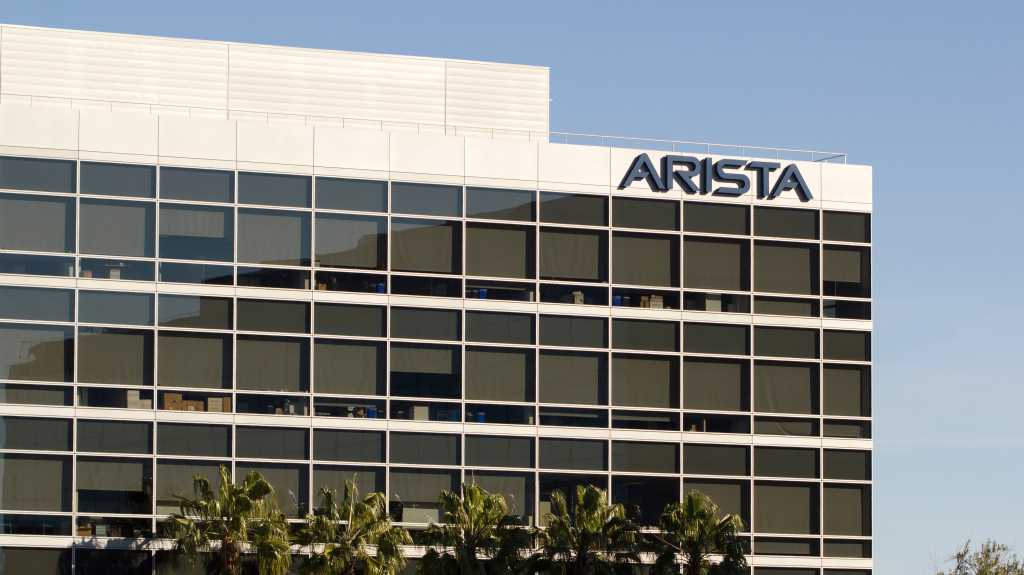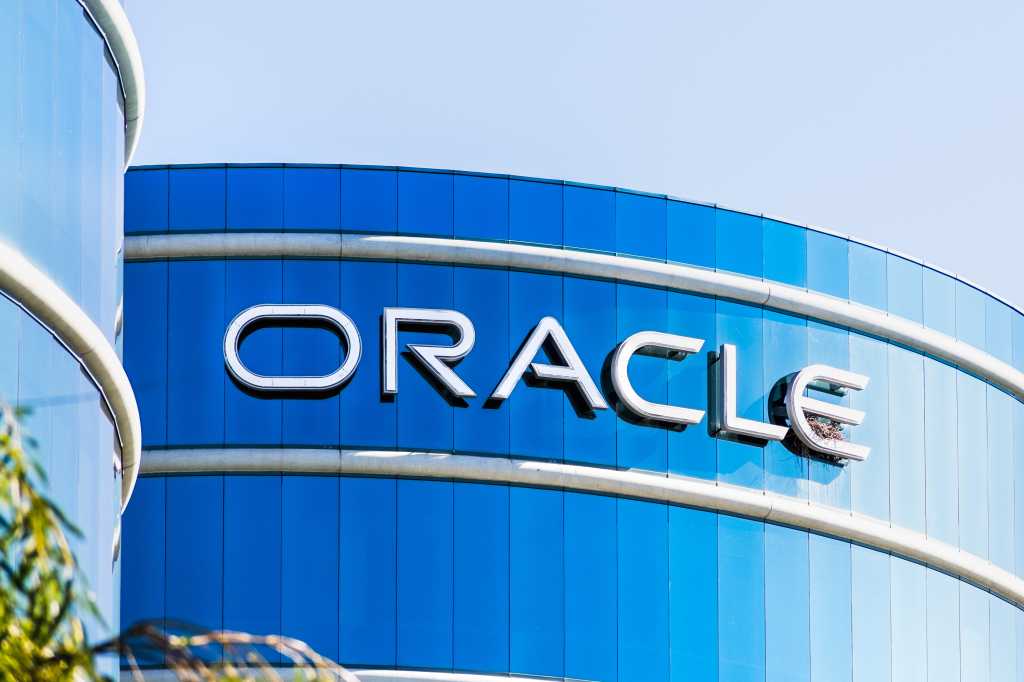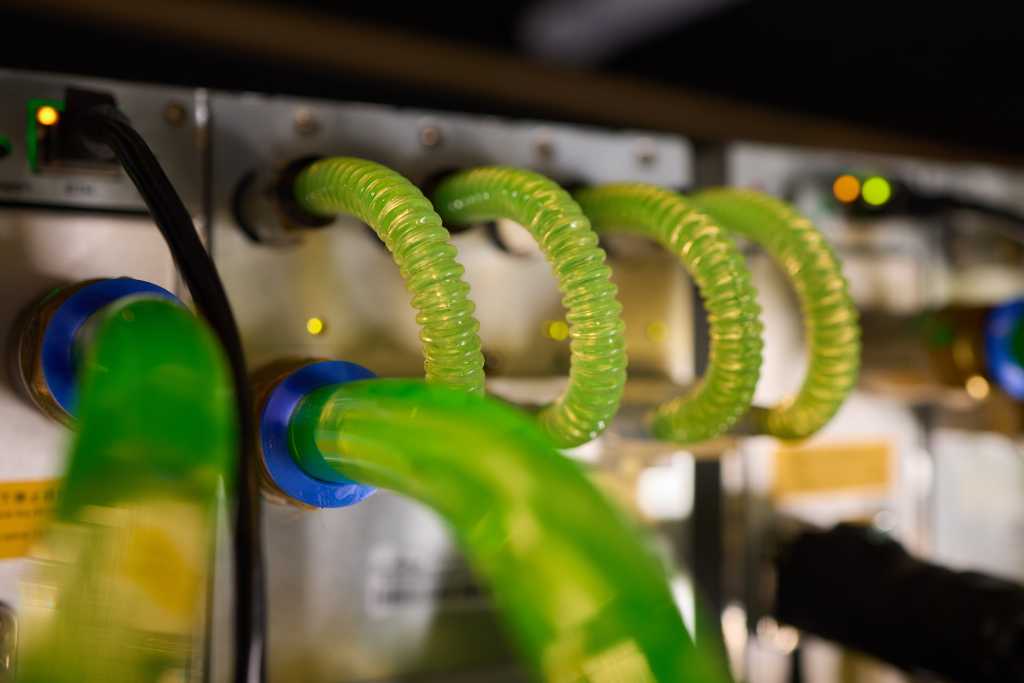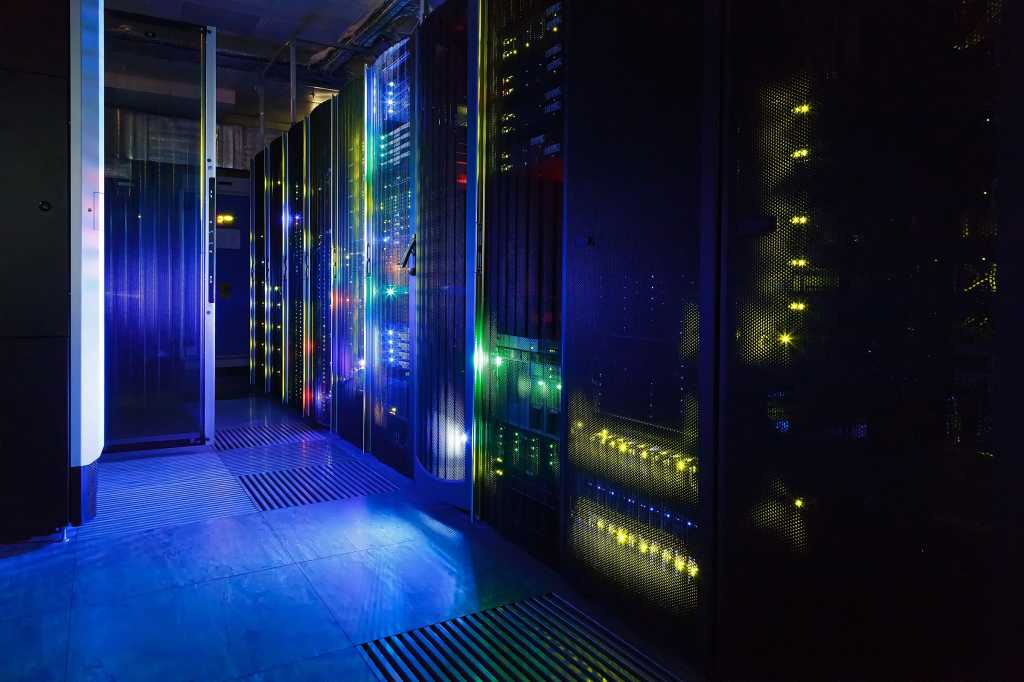
“We have agreed with the DOJ to offer a license, through an auction, to specific aspects of Juniper Mist, which is just the AI operations part,” HPE CEO Antonio Neri explained during the press conference.
The distinction is technically significant. Competitors will gain access to Mist’s anomaly detection and predictive failure algorithms, but not the underlying network operating system, hardware abstraction layers, or the customer-specific data models that make these algorithms effective in production environments. HPE retains control over data collection mechanisms, telemetry processing pipelines, and the integration points with physical network infrastructure.
“The intellectual property obviously stays with us, but we have to be able to support that as we go forward,” Neri clarified. “But again, it’s only the AI operations portion of the Juniper Mist stack.”
Rahim emphasized that the larger value in the Mist AI stack is the actual data. He noted that Juniper has over 10 years of learning from real world deployments, and that is extremely difficult for anyone else to replicate.
The second DOJ requirement mandates divestiture of HPE’s Aruba Instant On portfolio, which targets small business deployments with cloud-managed access points and switches. When asked about the divestiture, Neri attempted to minimize the impact.
“The Aruba Instant On is a very new business that we built over the last three years or so, and it is completely separate from the rest of the traditional HP Aruba platform, or Aruba Central,” Neri noted. “It is a unique offer targeting the SMB segment of the market, and more specifically, the ‘s’ of SMB; it is a very small business for us.”






